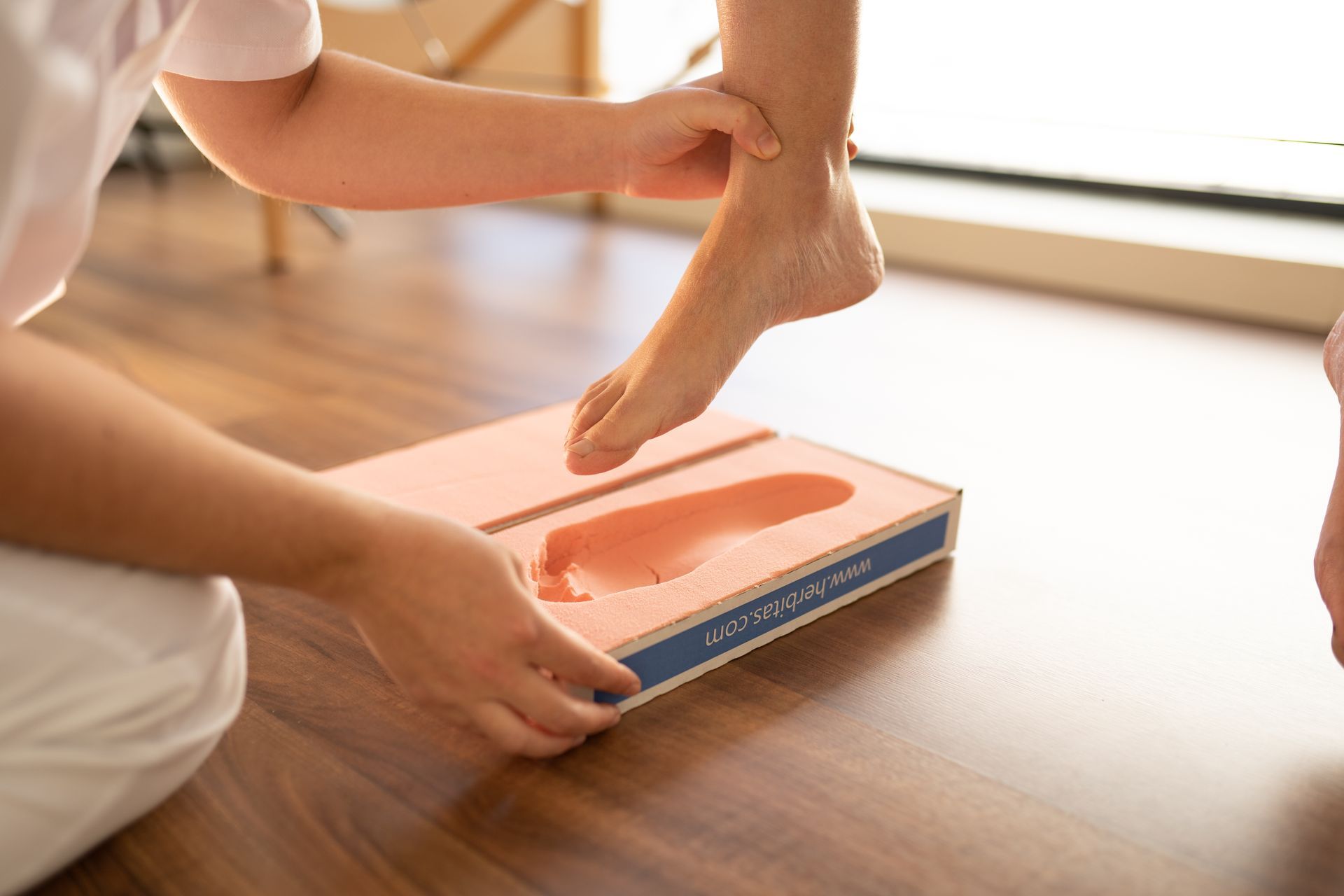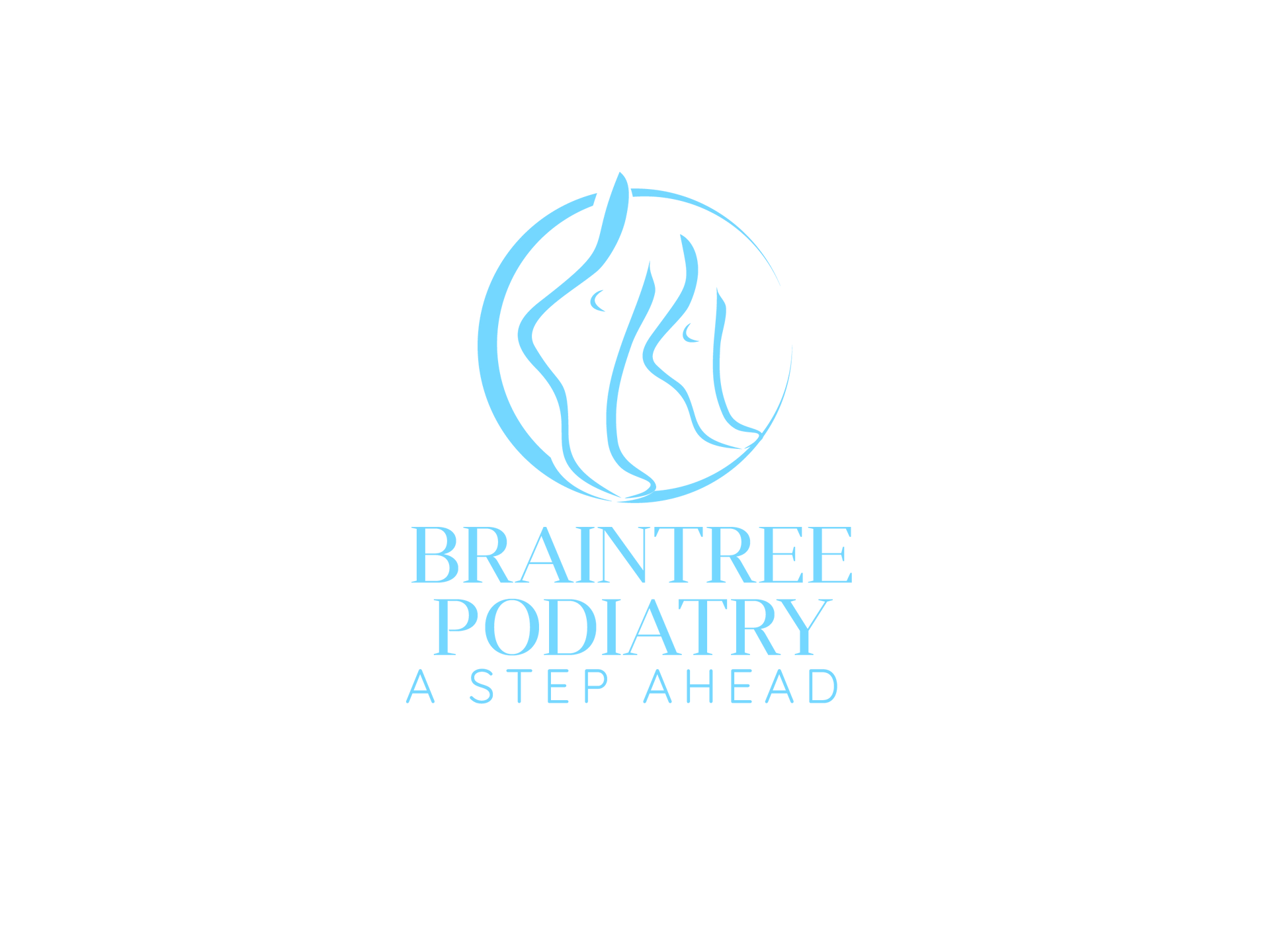Flat Feet
Flat feet, also known as pes planus, is a common foot condition in which the arches of the feet collapse

Flat feet, also known as pes planus, is a condition in which the arches of the feet are collapsed. This means that the soles of the feet appear flat when standing. The height of the arch varies among people, and some people are born with flat feet, while others develop them later in life.

Flat feet can be caused by a number of factors, including genetics, pregnancy, and obesity. There are three main types of flat feet:
Flexible flat feet: This is the most common type of flat feet. The arches of the feet collapse when standing, but they return to normal when the person lies down. Flexible flat feet are usually not painful and do not require treatment.
Rigid flat feet: This type of flat feet is less common. The arches of the feet are permanently collapsed and do not return to normal when the person lies down. Rigid flat feet can be painful and may require treatment.
Acquired flat feet: This type of flat feet is caused by an injury or other medical condition. Acquired flat feet can be painful and may require treatment.

The symptoms of flat feet can vary depending on the severity of the conditon. Contact us if you are experiencing any of these symptoms:
- Pain in the feet when standing or walking for long periods of time
- Arch pain
- Swelling in the feet
- Difficulty walking or running
- Fatigue in the feet
- Lower back pain
- Ankle & Knee pain
- Wearing down the shoes quickly
A podiatrist will perform a thorough assessment of the lower limbs to determine the extent of the condition and any contributing factors to the pain. This will involve examining the patient in both a standing and seated position, as well as observing their walking pattern.
Flat feet are often managed with supportive footwear, which may include orthotics. Exercise may also be helpful, depending on the specific problem. If conservative (non-surgical) treatments are not effective, surgery may be an option for people with very severe malalignment, such as those with congenital deformities or torn tendons.
Book an appointment with one of our expert podiatrist who will work with you to diagnose and develop a care plan tailored to your specific needs.

